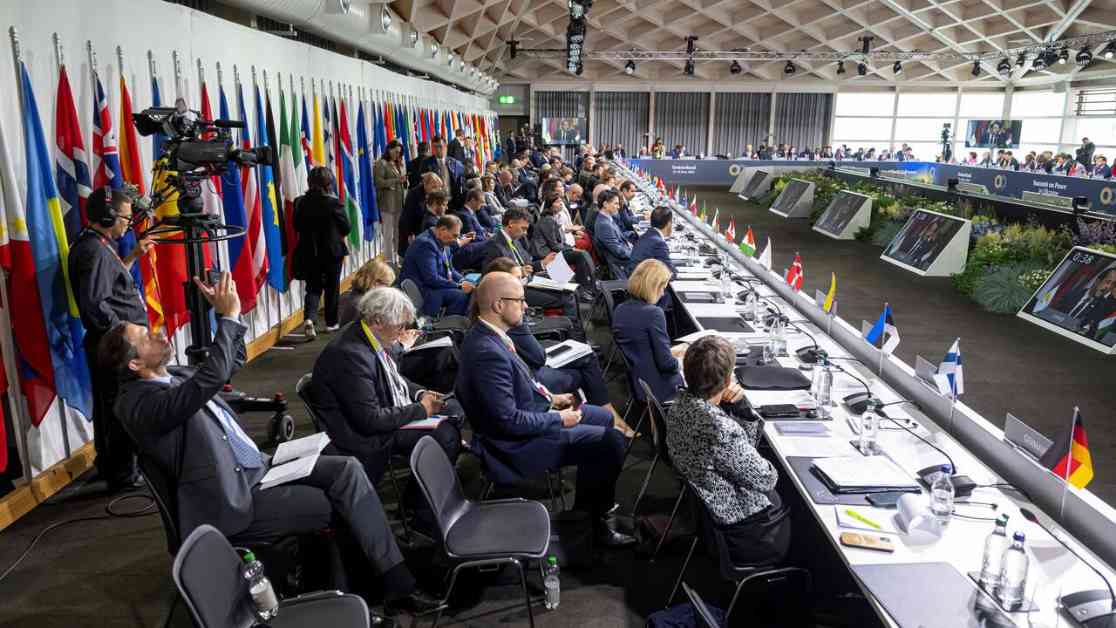The Brazilian President, Luiz Inácio Lula da Silva, distanced himself from the Swiss initiative for a peace summit if Russia was not invited. However, his ambassador in Berne, Claudia Buzzi, attended the Bürgenstock as an observer for two days. The Brazilian Ambassador viewed the summit as somewhat unilateral due to Russia’s exclusion from the event.
The decision of Brazil to not formally participate in the conference raises questions about the country’s stance on international peace initiatives. While President Lula da Silva expressed concerns about the exclusion of Russia, Ambassador Claudia Buzzi’s presence at the Bürgenstock indicates a willingness to engage in dialogue and observe the discussions taking place.
The Bürgenstock Summit, held in Switzerland, aimed to address global peace and security issues, bringing together leaders and experts from various countries. However, the absence of Russia, a key player in international relations, raised doubts about the inclusivity and effectiveness of the summit.
Ambassador Claudia Buzzi’s role as an observer highlights Brazil’s interest in global peace efforts while also signaling a cautious approach to engaging in initiatives that may be perceived as exclusionary. The Brazilian government’s decision to send a representative to the summit, despite not formally participating, reflects a desire to stay informed and engaged in international discussions on peace and security.
As the Bürgenstock Summit continues to unfold, the perspectives of different countries, including those that chose not to attend, will be crucial in shaping the outcomes and impact of the discussions. Brazil’s stance on the summit reflects a nuanced approach to international diplomacy, balancing concerns about inclusivity with a commitment to engaging in dialogue on important global issues.
In a rapidly changing global landscape, initiatives like the Bürgenstock Summit play a significant role in fostering cooperation and understanding among nations. The presence of observers from countries like Brazil contributes to the diversity of perspectives and voices at the summit, enriching the discussions and potentially leading to innovative solutions to complex challenges.
Overall, the Bürgenstock Summit serves as a platform for dialogue and collaboration on pressing international issues, with the participation of various countries and stakeholders. While Brazil’s decision not to formally participate may signal some reservations about the summit’s approach, the presence of Ambassador Claudia Buzzi underscores the country’s interest in engaging constructively with the global community on matters of peace and security.

